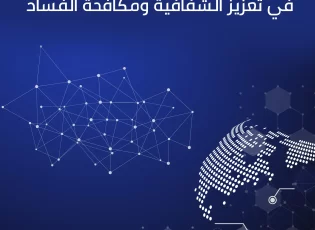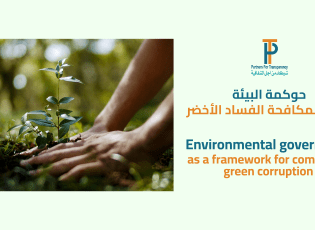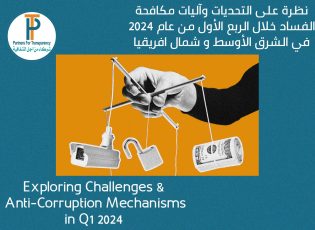The Africa Corruption Observatory Unit, affiliated to the Partners for Transparency Foundation, conducted a study entitled “Democratic Transition in Sudan: Challenges and Scenarios for the Future,” in the context of the Unit’s follow-up of developments in the situation on the African continent, especially those related to good governance and tools for its enhancement, in addition to To the Foundation's keenness to support integrity and transparency.
The study revealed a number of challenges facing the democratization process in Sudan, including the economic challenges, which increased in severity with the circumstances of the Corona pandemic, and the precautionary measures imposed by the decline in the performance of several sectors, as well as challenges related to the capabilities of the civilian forces and the military establishment to work together to achieve a state It is a case of sharing responsibilities, without engaging in a civil-military conflict inside Sudan.
Likewise, the study touched on the challenges related to national integration, and what is related to the demands of a number of regions such as South Kordofan, Blue Nile, and Darfur, and the capacities of the transitional government to respond to their demands in light of what preserves the Sudanese state from the secession of one of its regions again, and then the study paid attention to the crises that Surrounding Sudan in its regional environment, especially the Renaissance Dam crisis, which could affect the democratization process, and its international environment, especially the recent American decision to remove Sudan from the list of countries supporting terrorism, which contributes to facilitating Sudan's access to funding from various sources.
The study also presented in more detail, to challenge corruption and illegal practices, in light of the behaviors left by the Bashir era that make the process of confronting these practices difficult, in light of the remarkable moves of Prime Minister Abdullah Hamdouk.
The study also identified three scenarios, the first of which is that the transitional phase will lead to a real democratic transformation, the second is the tendency of some regions to secede, and the third is to engage in a civil war, with the first likely to occur in large aspects.
Among the recommendations of the study is the importance of building an anti-corruption strategy during the transitional phase, and making use of the financial capabilities that Sudan can obtain after removing it from the list of countries supporting terrorism.
Sudan Study (1)Short link: https://pfort.org/en/?p=4662






